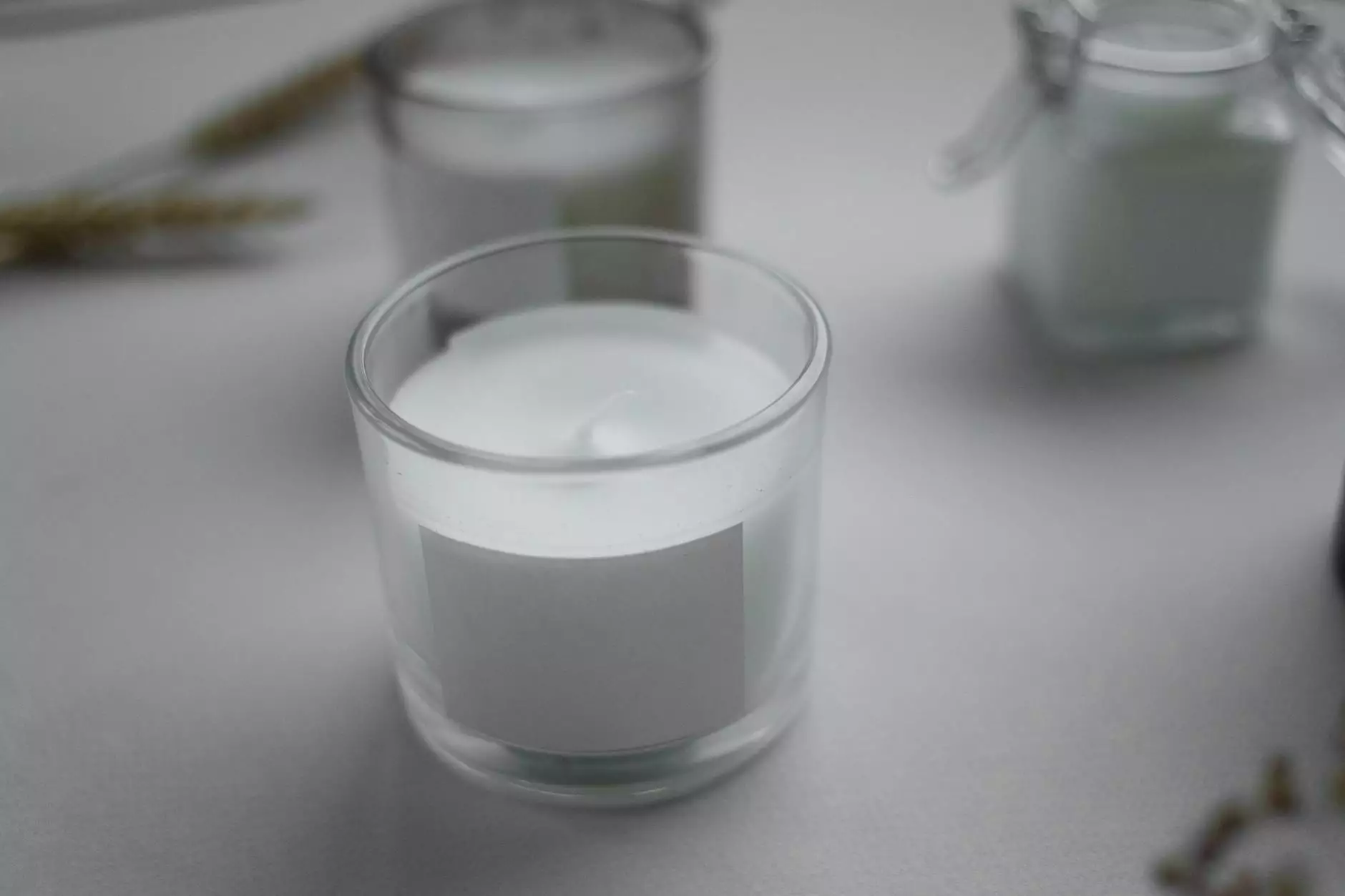Transforming Smiles: The Ultimate Guide to Cosmetic Veneers for Teeth

In today's image-conscious world, a beautiful smile can significantly enhance your confidence and self-esteem. One of the most sought-after solutions in cosmetic dentistry is cosmetic veneers for teeth. These innovative dental enhancements can correct a range of aesthetic issues, providing patients with the luminous, flawless smiles they desire. In this comprehensive guide, we will delve into what cosmetic veneers are, their benefits, types, the procedure involved, and how to take care of your veneers.
What Are Cosmetic Veneers?
Cosmetic veneers are thin, custom-made shells crafted from tooth-colored materials designed to cover the front surface of teeth. They are primarily used to improve the appearance of teeth by altering their color, shape, size, or length. Veneers can be applied to one tooth or multiple teeth, allowing for a comprehensive smile makeover.
Key Benefits of Cosmetic Veneers
- Improved Aesthetics: Veneers can transform slightly discolored, chipped, or misaligned teeth into a perfect smile.
- Stain Resistance: Most veneers are made from porcelain, which is more resistant to stains than natural teeth.
- Durability: With proper care, veneers can last between 10 to 15 years, making them an excellent long-term investment.
- Minimally Invasive: Applying veneers typically requires less tooth enamel removal compared to crowns, preserving more of your natural tooth structure.
Types of Cosmetic Veneers
There are mainly two types of veneers used in cosmetic dentistry: porcelain veneers and composite resin veneers. Each has its unique advantages and is suited for different cases.
1. Porcelain Veneers
These are the most popular choice for patients seeking cosmetic enhancement. They are highly durable and mimic the light-reflecting properties of natural teeth, providing an aesthetically pleasing result. Porcelain veneers are particularly advantageous for those with severe discoloration or multiple imperfections.
2. Composite Resin Veneers
Composite veneers are made from a tooth-colored resin material. They are generally less expensive than porcelain veneers and can be completed in a single visit to the dentist. However, they may not last as long as porcelain and are more susceptible to staining.
The Cosmetic Veneer Procedure
If you’re considering cosmetic veneers for teeth, it’s crucial to understand the steps involved in the procedure. Here’s a detailed breakdown:
1. Initial Consultation
Your journey begins with a consultation with a cosmetic dentist. During this appointment, the dentist will assess your dental health, discuss your goals, and determine whether you are an ideal candidate for veneers.
2. Treatment Planning
Once you're deemed a suitable candidate, the dentist will create a customized treatment plan. This may involve taking X-rays, pictures, and impressions of your teeth to design the perfect veneers specifically for you.
3. Tooth Preparation
Preparing your teeth involves gently buffing and shaping the front surface of the teeth receiving veneers. This step ensures that the veneers fit seamlessly and naturally. Depending on the thickness of the veneers planned, a small amount of tooth enamel may be removed.
4. Custom Veneer Fabrication
After tooth preparation, your dentist will take impressions that will be sent to a dental lab. There, skilled technicians will create your custom veneers, which usually takes about one to two weeks.
5. Temporary Veneers Placement
While your permanent veneers are being made, you may be provided with temporary veneers. These are intended to protect your teeth and give you a preview of how the final result will look.
6. Permanent Veneer Bonding
Once your custom veneers are ready, you’ll return to your dentist for placement. The dentist will carefully check the fit and shade of each veneer before permanently bonding them to your tooth using a special dental adhesive. This is finalized using a curing light that hardens the material, securing your new smile in place.
Post-Procedure Care for Cosmetic Veneers
After getting your veneers, it’s essential to follow a proper care routine to ensure their longevity. Here are some tips:
- Maintain Good Oral Hygiene: Brush and floss your teeth twice daily, paying special attention to the gum line to avoid gum disease, which can affect the longevity of your veneers.
- Regular Dental Visits: Schedule regular check-ups and professional cleanings with your dentist to keep your veneers and natural teeth healthy.
- Avoid Hard Foods: Steer clear of biting down on hard foods or objects to prevent damaging your veneers.
- Limit Staining Agents: Reduce consumption of coffee, tea, and red wine, as they can stain both veneers and natural teeth.
How to Choose the Right Dentist for Cosmetic Veneers
Choosing a qualified dentist for your cosmetic veneers is crucial for ensuring the success of the procedure. Here are some tips to assist you in making the right choice:
- Look for Specialization: Choose a dentist who specializes in cosmetic dentistry and has experience with veneers.
- Check Reviews and Testimonials: Read online reviews and ask for testimonials from previous patients to gauge their satisfaction with results and care.
- Evaluate Before and After Photos: Request to see examples of previous work to assess the quality of the dentist's aesthetic results.
- Discuss Costs and Options: Be clear about your budget and inquire about financing options available for cosmetic treatments.
The Cost of Cosmetic Veneers
The cost of cosmetic veneers for teeth can vary widely based on several factors, including:
- Location: Prices may differ depending on your geographic location.
- Choice of Material: Porcelain veneers tend to be more expensive than composite veneers due to their durability and aesthetic qualities.
- Dentist’s Expertise: Highly experienced cosmetic dentists may charge more for their services.
On average, porcelain veneers can range from $925 to $2,500 per tooth, while composite veneers may cost between $250 and $1,500 per tooth. Many dental insurance plans do not cover cosmetic procedures, so it is essential to verify your insurance coverage beforehand.
Conclusion
Enhancing your smile with cosmetic veneers for teeth can lead to newfound confidence and a positive self-image. With their ability to solve a multitude of cosmetic dental issues, veneers are a viable option for those seeking transformative results. By consulting with a qualified cosmetic dentist and understanding the procedure, care, and costs, you’re well on your way to achieving the radiant smile you’ve always wanted. Whether you choose porcelain or composite veneers, the investment in your smile can yield significant benefits in your personal and professional life.









